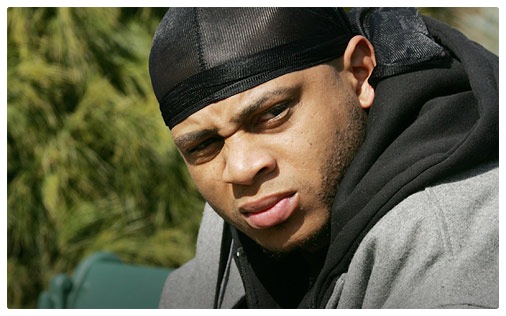If you listen to a certain podcast, you might learn that pro-life is a recently concocted notion (can forty-five years be that recent?) that white evangelicals use monochromatically to vote in ballot boxes and hector in the public square. You might even come to think that pro-life advocacy is a kind of cover for racially tinged views that prevent white evangelicals from noticing the circumstances that affect black pregnant women who face both economic hardships in providing for children and poor health care during childbirth.
If you did, you might be surprised also to read this from only four years ago (but decisively thirteen months before the 2016 POTUS election):
Abortion horrifies us because the notion of life as a gift has been infused in us by our Creator. In the account of humankind’s creation in Genesis 2, it says, “the Lord God formed the man of dust from the ground and breathed into his nostrils the breath of life, and the man became a living creature” (Gen. 2:7). God endowed all human beings with inherent dignity when he created them in his image and likeness (Gen. 1:26-27). We have an instinct for life because existence itself images the Creator.
Since God animates all humanity he has all rights over it. In Genesis 8, after the Flood he declares, “‘Whoever sheds the blood of man, by man shall his blood be shed, for God made man in his own image.’” God’s unrivaled command over the lives of all people as their Creator means he alone has the authority to declare the conditions under which life can be taken.
. . . God loves the little children, but black babies are dying by the score. According to the Center for Disease Control and Prevention, an African American woman is almost five times more likely to have an abortion than a white woman. In the state of Mississippi, white women had 665 abortions in 2006, or 22.6 percent of all abortions in that state. By comparison, black women had 2,250 abortions or 76.3 percent of the total.
Planned Parenthood’s founder, Margaret Sanger, and the crusade to legalize abortion has also been linked to the eugenics movement, an effort to perfect the human race by promoting reproduction (i.e. selective breeding) among human beings with desirable traits and to discourage reproduction (i.e. sterilizing adults or aborting children) with undesirable traits. African Americans were generally not viewed as having the traits necessary for the progress of humanity, so they were frequent targets of racist eugenicist ideas like abortion.
The disproportionate number of abortions in the Black community should cause outrage among African Americans. Instead, organizations founded to uplift people of color support institutions that tear those same people from the womb. The NAACP has openly affirmed a woman’s legalized choice to abort and Planned Parenthood financially supports NAACP national events. Another important organization, the Congressional Black Caucus partners with Planned Parenthood. In 2012, a former CBC chairman, Emanuel Cleaver even received the Margaret Sanger award from Planned Parenthood for his support of “women’s reproductive rights.” The affiliation of the NAACP and the CBC, though, should not be taken to mean that all Black people support abortion. It is an inaccurate and pejorative stereotype to say African Americans do not care about life in the womb. Yet there are reasons some black people have aligned themselves with organizations like Planned Parenthood.
. . . While the contribution of certain individuals and organizations during the Civil Rights Movement should never be forgotten, this advocacy is no reason to ignore the contra-biblical practices of abortion providers. Fortunately, many African Americans have consistently opposed abortion. Alveda C. King, the niece of Martin Luther King, Jr., has been a public advocate for life. The National Black Pro-Life Coalition spearheads many pro-life efforts among minorities.
Christians of all races must be concerned with life “from the womb to the tomb” (and beyond!). This is why Christians of any race cannot support Planned Parenthood as long as it conducts abortions. Believers must do this while continuing to creatively address other important issues. The struggle is for the right to life and the right to a quality life. Love for God and his word requires both.




